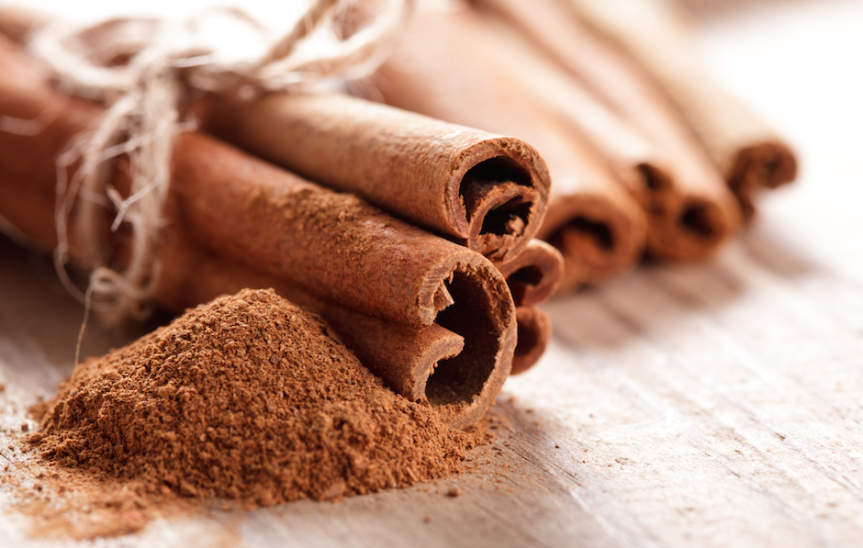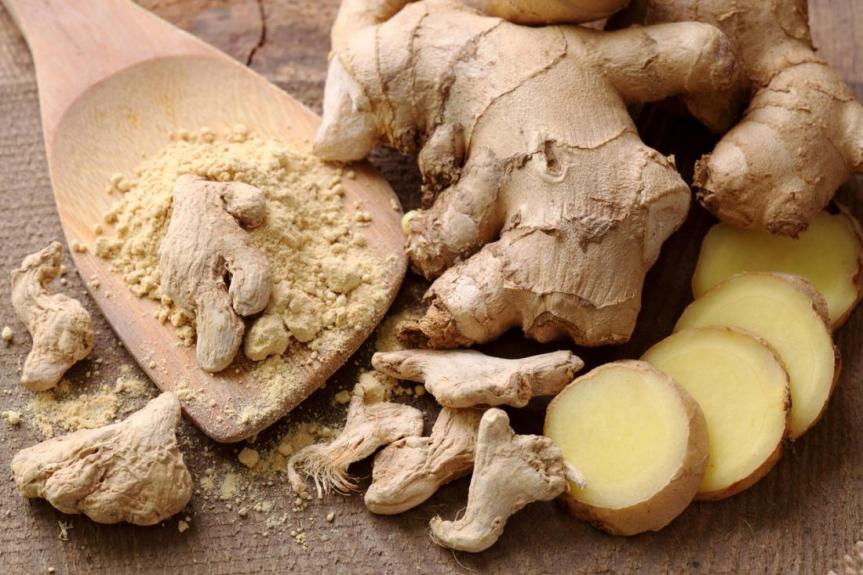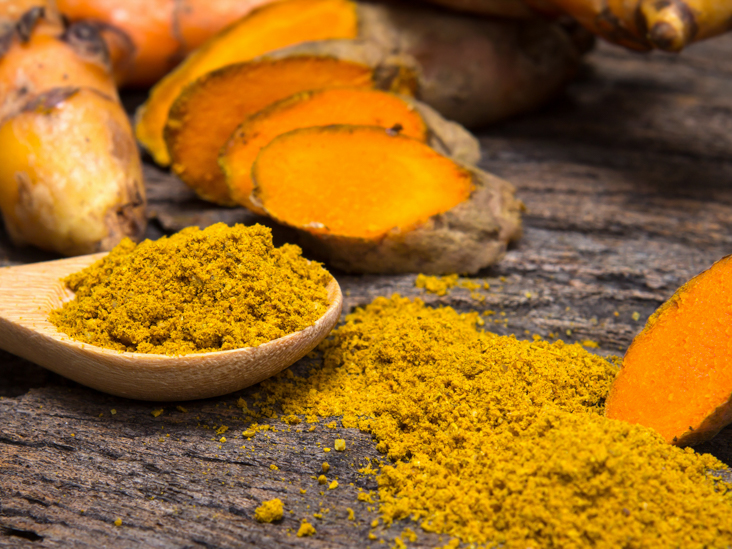
This post is copied from our older, original blog. Original post date 1/21/2014.
By Marcie Bower, Lic.Ac.
With another bout of arctic weather heading our way over the next few days, there is no doubt that many of us will have a challenge staying warm, especially when out shoveling snow, walking to work, or sitting in a cold car and waiting for it to heat up. There are many herbs used in Chinese Herbal Medicine that can help to stoke our internal fire, and help to warm us up from the inside out! (Note that even in cold weather, those with “hot”-type conditions from a Traditional Chinese Medicine point of view, ie hotflashes and nightsweats, acid reflux, or deep red skin conditions, should use these herbs only in moderation.)
Cinnamon: Cinnamon is used primarily in two forms in Chinese Herbal Medicine – the twig, called Gui Zhi, is used to warm the energy channels and enhance our immune function. It is particularly useful in the early stages of the common cold, or for warming cold extremities. It can also help to treat joint pain that is worse in rainy, snowy, and cold weather. The other form of the herb, cinnamon bark, called Rou Gui, also is very warming, but focuses more on warming our core. In particular, it exerts its warming effect on the digestive system and the reproductive system. This is a great herb for those who remain chilled for long periods of time after coming inside from the winter storm, or those with chronic digestive issues, or women’s health issues such as painful periods, endometriosis, or infertility.
 Ginger: Like cinnamon, ginger is also very warming and can be used therapeutically in 2 different forms. Fresh ginger is very good for warming the body from the cold weather, boosting immune function, and quieting digestive upset. Dried ginger is more warming, and exerts an effect on a deeper level of energy in the body. It is more applicable for long-term respiratory issues with lots of phlegm, long-term digestive issues, or chronic disease that leaves the patient feeling very cold. Either one, however, can be used in moderation to warm us up during particularly blistery weather – unless the chills are pronounced, the fresh form is the better fit in this case, for most of us.
Ginger: Like cinnamon, ginger is also very warming and can be used therapeutically in 2 different forms. Fresh ginger is very good for warming the body from the cold weather, boosting immune function, and quieting digestive upset. Dried ginger is more warming, and exerts an effect on a deeper level of energy in the body. It is more applicable for long-term respiratory issues with lots of phlegm, long-term digestive issues, or chronic disease that leaves the patient feeling very cold. Either one, however, can be used in moderation to warm us up during particularly blistery weather – unless the chills are pronounced, the fresh form is the better fit in this case, for most of us.
Fennel Seed: Fennel seed, or Xiao Hui Xiang, strongly warms the middle in Traditional Chinese Medicine. As such, it warms us up from the inside out, particularly focusing on the digestive tract and reproductive organs. In South Asia, fennel seeds are eaten after a meal, much as mints are in this country. The fennel is supposed to cleanse the palate, but we also know that it warms the middle to aid in effective digestion! In the cold weather, this is even more important, especially if you tend towards bloating, gas, or cramping.
 Tumeric: Tumeric, called Jiang Huang in TCM, is a gently warming herb. We actually use it primarily to invigorate the body’s energy to treat pain and inflammation, but it is also a great way to subtly and gently boost your inner warmth. Plus, you get all the other great benefits, too!
Tumeric: Tumeric, called Jiang Huang in TCM, is a gently warming herb. We actually use it primarily to invigorate the body’s energy to treat pain and inflammation, but it is also a great way to subtly and gently boost your inner warmth. Plus, you get all the other great benefits, too!
Coriander Seed: Hu Sui, or coriander seed, is another gently warming herb. It enters the lung and the stomach so is particularly good for any sort of weakness in digestion or the respiratory system. So in the winter months, it can be helpful in gently warming the lungs to prevent upper respiratory tract infections, and improve overall lung function. Try using coriander seeds if you feel a cough coming on after being out in the cold.
Black Pepper: Black pepper, or Hu Jiao in TCM, is a very hot herb that should be used with caution, but in moderation, it can strongly warm interior cold. This herb focuses on cold caught in the lower digestive tract – if you start having abdominal cramping and loose stools after sitting in the snow, for instance, pepper is appropriate. Just use in moderation and don’t overdo it!
Warming Tea –
The original recipe was given to me by Tamilarasi, a dear friend of mine when I was living in South India. It is a traditional folk remedy for the common cold, which I have adapted to not only treat the common cold, but also to boost immunity, warm the body, and promote healthy immune function in the winter months!
3 thumb-sized roots of fresh ginger, peeled and sliced
4 cinnamon sticks
1 teaspoon ground turmeric
½ cup coriander seeds
½ Tablespoon molasses
Boil water. Add ginger, cinnamon, coriander, and turmeric. Boil for 10 minutes, then strain liquid into a mug. Add molasses and stir well. Drink piping hot!

